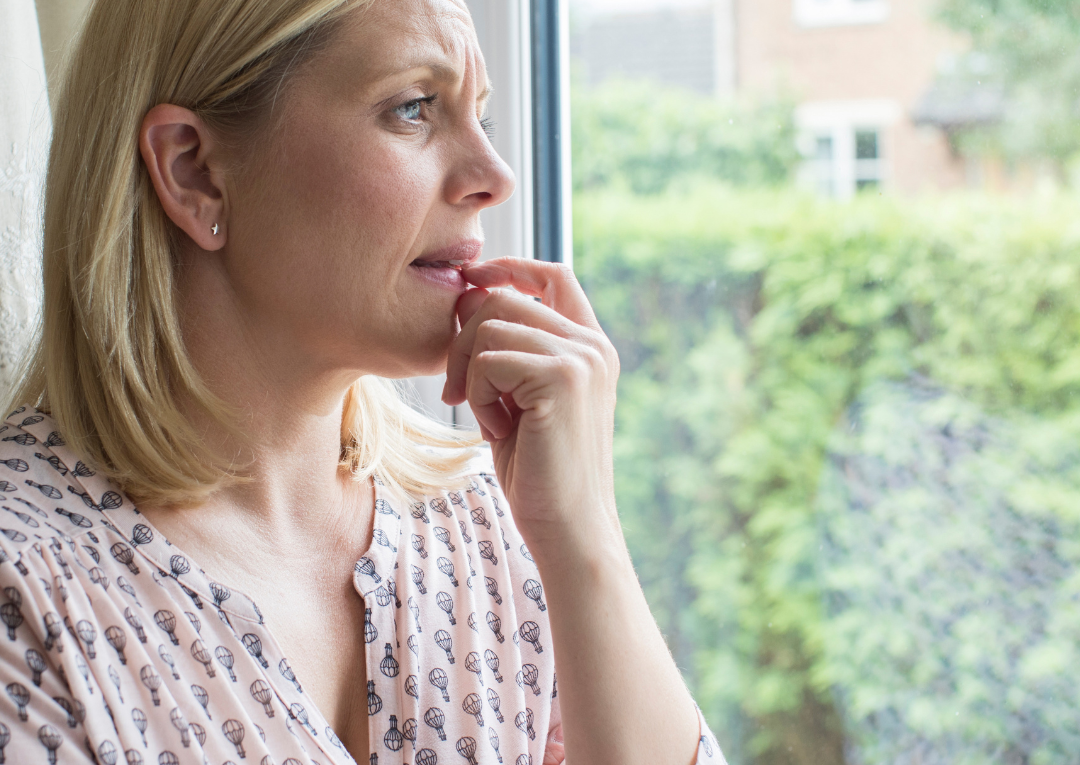Fight The Fear How To Cope With A Life Crippling Phobia
Fight The Fear How To Cope With A Life Crippling Phobia. Around 10 million people in the UK suffer from a phobia of some sort, but some feel the effects more than others. This might be due to the likeliness of encountering their phobia more often, or even their ways of dealing with the problem should it arise. Phobias can cripple your everyday life and if you don’t take action against it, they can take over your entire life. But how can you tackle something that you’re deathly frightened of? Here are a few ways that you can begin to fight the fear.
Define what you’re scared of
Phobias often have many different levels. For example, emetophobia is the fear of vomit, yet some people are scared of different aspects of it. Let’s use this as an example. Are you afraid of feeling sick, being sick, seeing vomit, or something else related to it? Once you’ve defined what you’re scared of you can have a clearer mind and face it head-on when you can.
Speak to a professional
Phobias are more common than you think, and a mental health professional can help you get over your fear. If you speak to your GP they may refer you for cognitive behavioral therapy, but bare in mind that these referrals can take months or even years to process depending on where you live. If you need help now and it’s taking over your life, it’s worth seeking personal medical advice from companies such as Meridian Psychiatric Partners. They can provide you with tips and advice on how you can kick this fear once and for all.
Learn anxiety coping techniques
With a phobia often comes anxiety and not just any anxiety, it’s a full-blown panic attack. Sometimes this in itself can be worse than your phobia, so learning some anxiety-coping techniques will come in handy. Here are a few to get you started:
- Breathe deeply and slowly.
- Remember that with every panic attack, no matter how bad it feels, you will come down and feel okay again soon. Sometimes keeping that in mind can help make panic attacks shorter and less frequent.
- Ground yourself. Find something you can see, hear, touch, taste, and feel. Gaining control over your senses helps!
Find a happy place or situation
If you’re likely to encounter your phobia, then having somewhere safe to go (even if only mentally) can help keep your fears at bay. Perhaps have someone at the end of the phone that you can call should you need it.
Look after yourself!
Finally, when things get terrible many people turn to alcohol or drugs to feel better. Rather than giving in to something like that, get a good night of sleep, eat a hearty meal and take care of yourself! Remember, what goes up must come down. You can do this!
